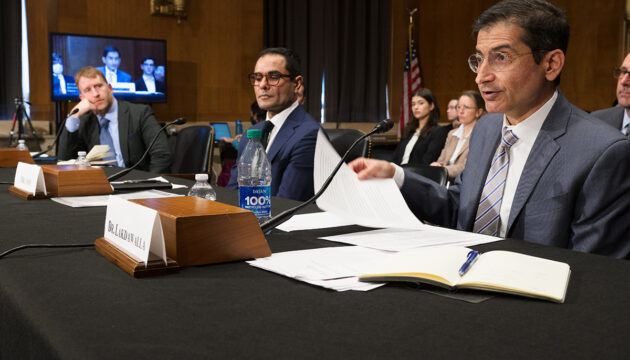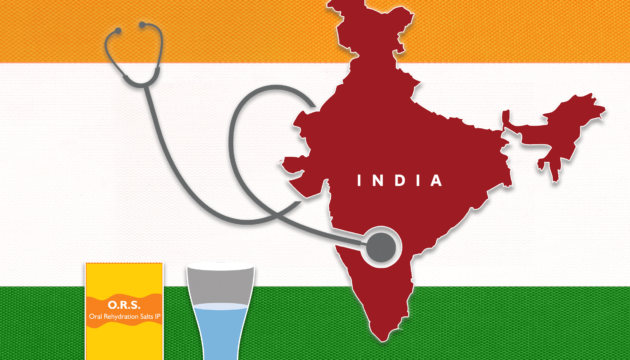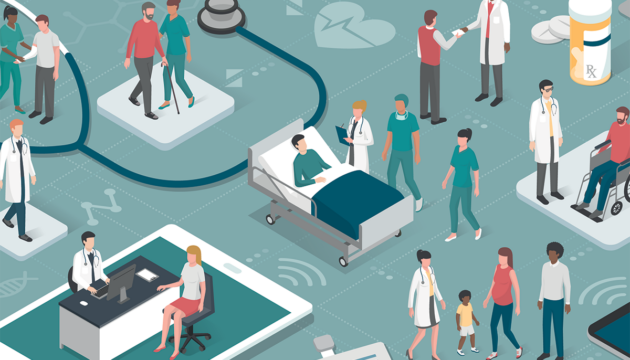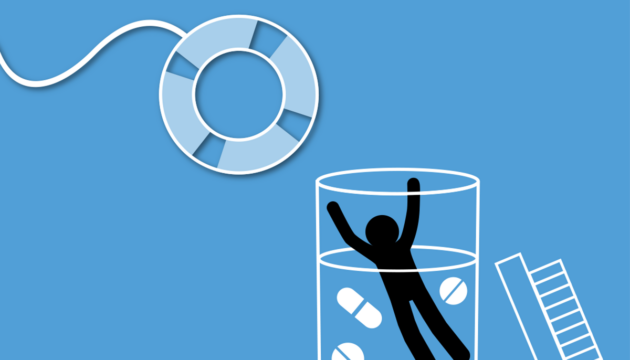Pressroom
-
Schaeffer Center Researchers Make an Impact in Washington
The USC researchers have testified before Congress and informed policymakers tackling drug prices, innovation and medical bills.
Categorized in -
USC-Led Study Leverages Artificial Intelligence to Predict Risk of Bedsores in Hospitalized Patients
A new study in BMJ Open presents a new model for predicting patients most at risk of bedsores in hospitals
Categorized in -
USC Schaeffer Center Study Finds Few Hospitals Promoting Potentially Predatory Medical Payment Products
As Americans struggle to pay off billions of dollars of medical debt, consumer advocates are looking to rein in predatory lending practices. But a recent USC study finds concerns about hospitals offering medical payment products may be overblown.
Categorized in -
Medicare Part D Plans Increased Restrictions on Drug Coverage
Medicare Part D plans excluded more compounds from coverage or subjected more of them to review before patients can access treatments, USC researchers found.
Categorized in -
USC Announces New Leonard D. Schaeffer Institute for Public Policy & Government Service
Leonard and Pamela Schaeffer’s $59 million gift establishes a new institute that will address multiple public policy issues with evidence-based research and educate new generations of scholars to help solve our nation’s policy challenges.
Categorized in -
This Common Medication Could Save Half a Million Children’s Lives Each Year. So Why Is It Underprescribed?
A new study by researchers at USC explains why kids aren’t getting a cheap, effective treatment for diarrhea.
Categorized in -
Study: Dementia Diagnoses Increased after Medicare Risk Adjustment
The change to Medicare Advantage payments could incentivize improvements in dementia detection, but also raises concerns about inappropriate overdiagnosis.
-
USC Schaeffer and Aspen Institute Advisory Panel Provide Tips for Improving Hospitals and Health Systems
Often under financial pressure while being asked to do more, hospitals and health systems need new approaches to ensure high-value care.
Categorized in -
Want Safer Prescribing? Provide Doctors with a Plan for Helping Patients in Pain
Letters notifying physicians of patient overdose deaths and providing a plan for the future is an effective intervention, according to new USC Schaeffer Center research
Categorized in -
Americans More Likely to Choose Vegan Food if Labeled ‘Healthy’ and ‘Sustainable’
A new USC study suggests that changing labels of vegan food to focus on health and environmental benefits may encourage people to eat less red meat and dairy.
Categorized in









